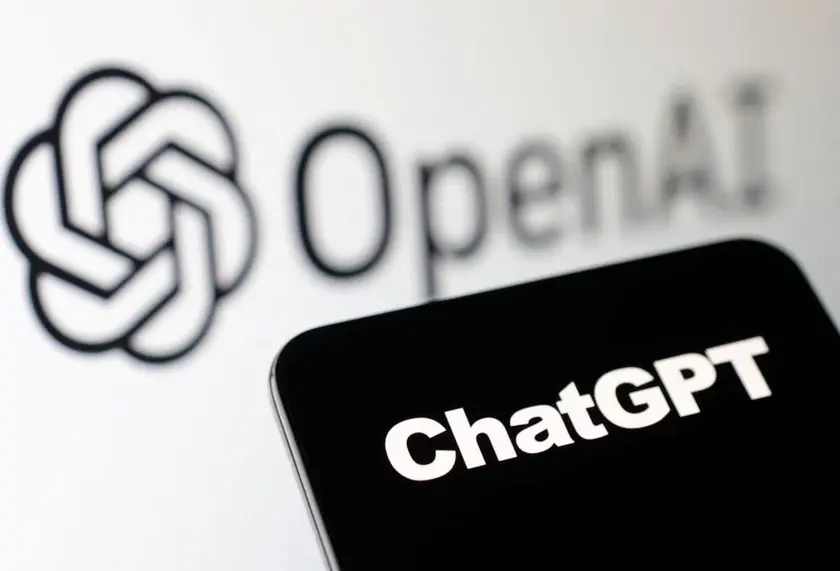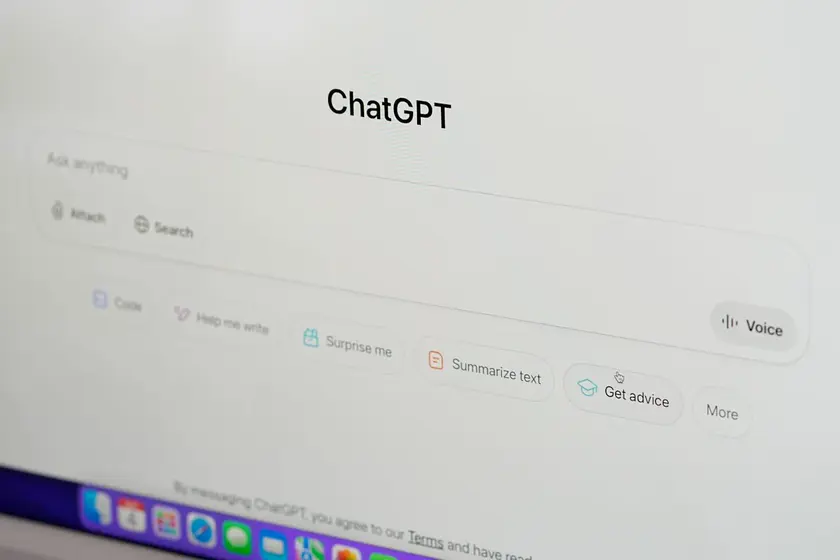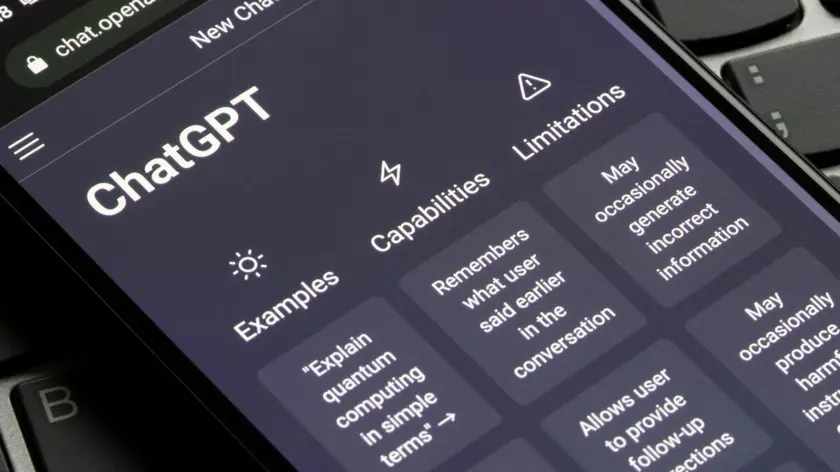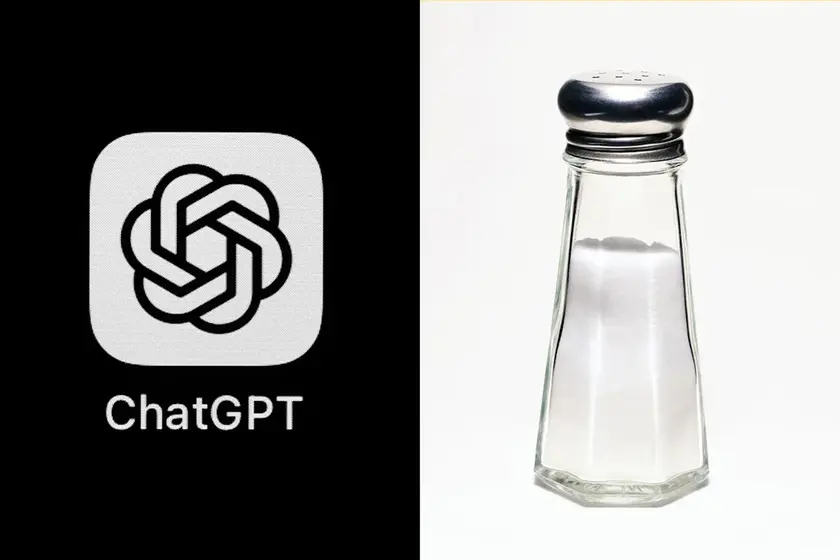T4K3.news
Health warning on AI medical tips
A warning that AI health guidance should be used with caution and verified with professionals.

A man is hospitalised after following a salt substitute tip found in a ChatGPT health suggestion.
Man hospitalised after following ChatGPT diet tips
A patient was admitted with bromide toxicity after using a salt substitute recommended by a ChatGPT response. Bromide salts were once common in the 1800s and early 1900s, but authorities phased them out between 1975 and 1989 due to safety concerns. In this case, blood levels reached 1700 mg per liter, about 200 times the upper safe limit, triggering a mix of neurological and skin symptoms.
The report notes that other users asking for a salt substitute from ChatGPT received the same recommendation, with no toxicity warning. Health experts say the incident highlights a gap in AI driven medical guidance and the urgent need for built in safety checks and clear warnings from AI providers.
Key Takeaways
"Trusting health tips to a chatbot can have real world costs"
A warning about AI medical guidance
"AI needs clear toxicity warnings before medical claims"
Highlighting a missing safety feature
"This case shows how harm can hide in plain advice"
Illustrating the risk of everyday AI tips
This incident exposes a real world risk as AI tools enter more intimate spaces like personal health. Without robust filters, outdated remedies can slip through and cause harm. It also raises questions about who bears responsibility when AI advice leads to illness. Users should treat AI health tips as starting points, not medical advice.
Tech platforms and regulators face pressure to implement stronger safeguards and transparent disclaimers. The balance between user convenience and patient safety will define how quickly AI health guidance gains trust without compromising well being.
Highlights
- Trusting health tips to a chatbot can have real world costs
- AI needs clear toxicity warnings before medical claims
- This case shows how harm can hide in plain advice
- Guardrails in AI health advice must be immediate and clear
Health safety risk from AI medical guidance
The incident reveals gaps in AI driven health advice and a need for stronger safeguards and warnings. It involves a dangerous bromide salt substitute and a high level of risk to users.
The lesson is simple health comes first when AI speaks about your body
Enjoyed this? Let your friends know!
Related News

AI health tips prompt real danger

ChatGPT health advice linked to bromide toxicity

AI health guidance linked to hospitalization

Doctors urge against fruit juice for weight loss

Shortness of Breath Linked to Serious Blood Clots

AI health guidance under scrutiny

AI diet advice leads to bromide poisoning

Salt swap AI guidance leads to bromide poisoning
